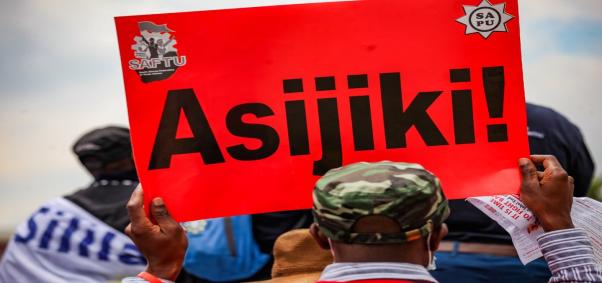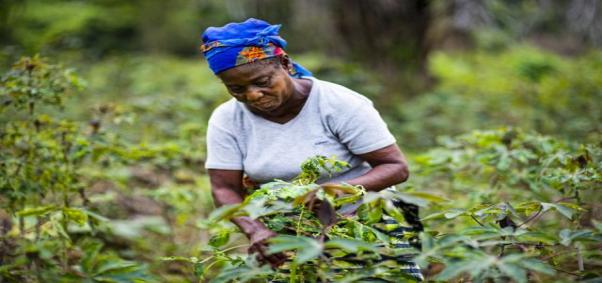
Washington, D.C./London, November 18, 2015: A new paper by the New Climate Economy identifies the lessons learned from past attempts to reform fossil fuel subsidies, explores why progress has been slow, and outlines the principles for successful reform.
After a slow start 6 years ago when the G20 and APEC made commitments to phase out inefficient fossil fuel subsidies, about 30 countries have launched or accelerated fossil fuel subsidy reforms. The paper, Fossil Fuel Subsidy Reform: From Rhetoric to Reality, examines what worked and what didn’t, providing in-depth case studies of 15 countries.
“Phasing out fossil fuel subsidies offers both economic and climate gains”, said Ngozi Okonjo-Iweala, former finance minister of Nigeria and a member of the Global Commission on the Economy and Climate, “Reform could allow for targeted spending on public services for those who need it most and boost economic efficiency. And on the climate front, it could deliver global greenhouse gas emissions reductions of as much as 13% by 2050. Undertaking subsidy reform – and getting it right – is critical for better growth and better climate.”
The report finds that the economic and environmental benefits of phasing out fossil fuel subsidies are clear. Even so, governments are forecasted to spend almost US$650 billion funding fossil fuel subsidies in 2015.
“Fossil fuel subsidies create significant burdens on government budgets, taking up as much as 5% of GDP in as many as 40 countries, often more than is spent on health or education”, said Helen Mountford, Program Director of the New Climate Economy. “Removing these subsidies can spur a virtuous circle, freeing up scarce government funds to be spent on other critical priorities, including better targeted support for the poor.”
The paper identifies the following principles for governments attempting reform:
- Ensure reforms take a ‘whole-of-government’ approach. In Honduras and the Dominican Republic, joint action was taken across the government, creating broad political ownership.
- Mobilise resources upfront. Indonesia prepared for reforms in the state budget ahead of time to support households through the transition.
- Provide clear and transparent public information on the scale and impacts of reform. Iran and Ghana succeeded in reform through widespread public information campaigns, while Bolivia faced demonstrations and strikes in part due to limited information among citizens.
- Reallocate the resources saved to those groups most affected by reform. In the Middle East and North Africa, 100% of the reforms that provided targeted support to households were successful, but only 17% of attempted reforms that did not provide support were successful.
- Phase-out the subsidies according to a credible and pre-planned timeframe. Angola, India, and Peru succeeded by starting first with reforming gasoline subsidies before reforming those to diesel and kerosene.
The report finds that momentum has been building with new reform efforts in the last two years in a number of countries, spurred by low oil prices and tightening budgets. For example, Egypt raised fuel prices by 78% in 2014 and plans to double them over the next 5 years. In 2015 the Angolan government approved a 60% cut in support for fossil fuels. Together, these experiences offer a path from rhetoric to implementation.
Shelagh Whitely, lead author of the report and a Research Fellow at the Overseas Development Institute, added: “The G20 and APEC have committed to phasing out inefficient fossil fuel subsidies, but most haven’t yet delivered. They should follow the positive examples of change and scale reforms to eliminate fossil fuel subsidies by no later than 2025. In a time when low oil prices are expected to continue and many governments are looking to create fiscal space, there’s no excuse to delay phasing out fossil fuel subsidies any longer.”
Photo credit: Pete Burana / Shutterstock.com
For media inquiries contact:
Ferzina Banaji, Ferzina.banaji@newclimateeconomy.net
Austin Morton, Austin.morton@newclimateeconomy.net
Joel Jaeger, Joel.jaeger@newclimateeconomy.net






